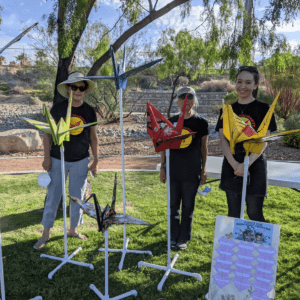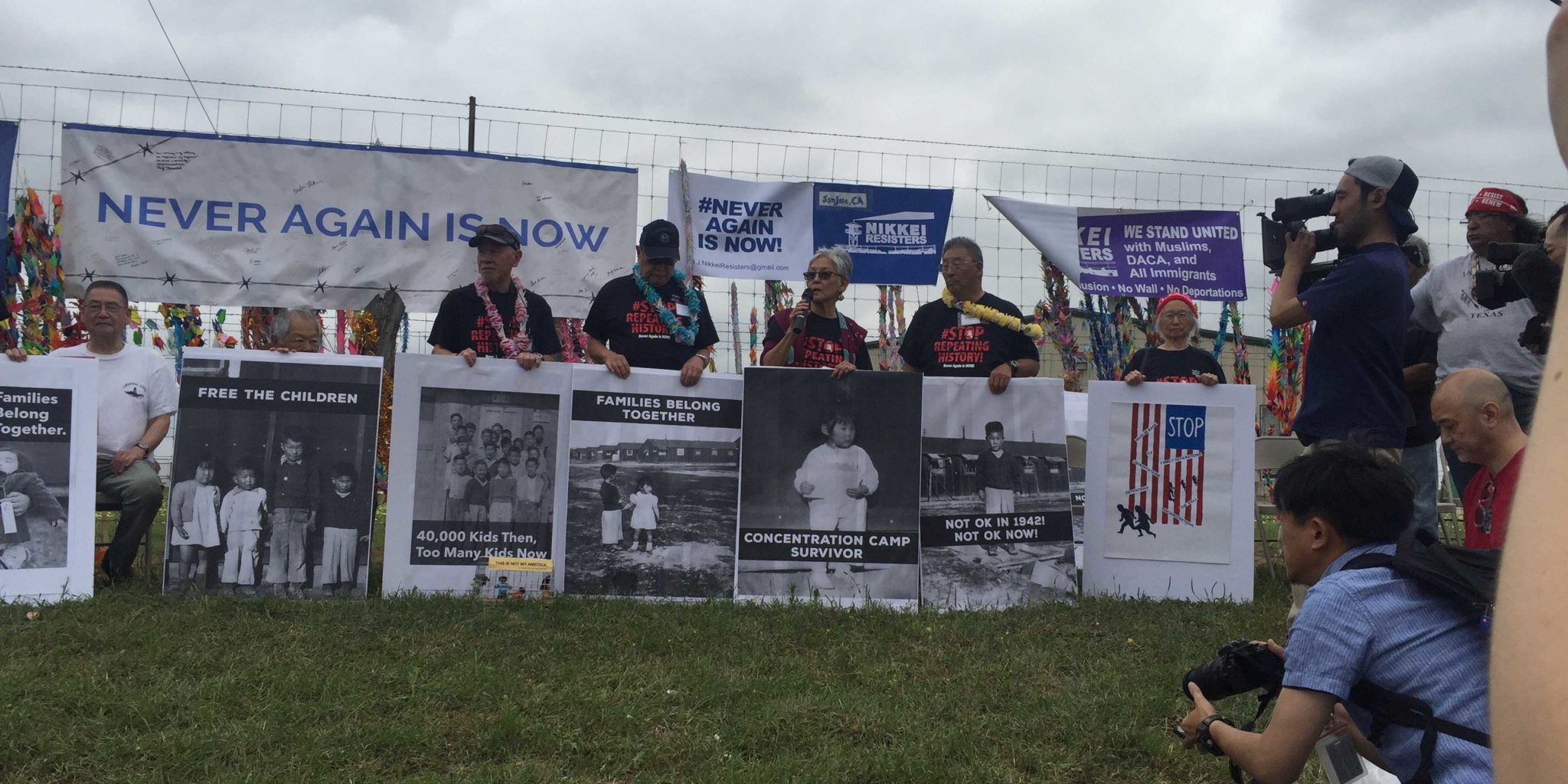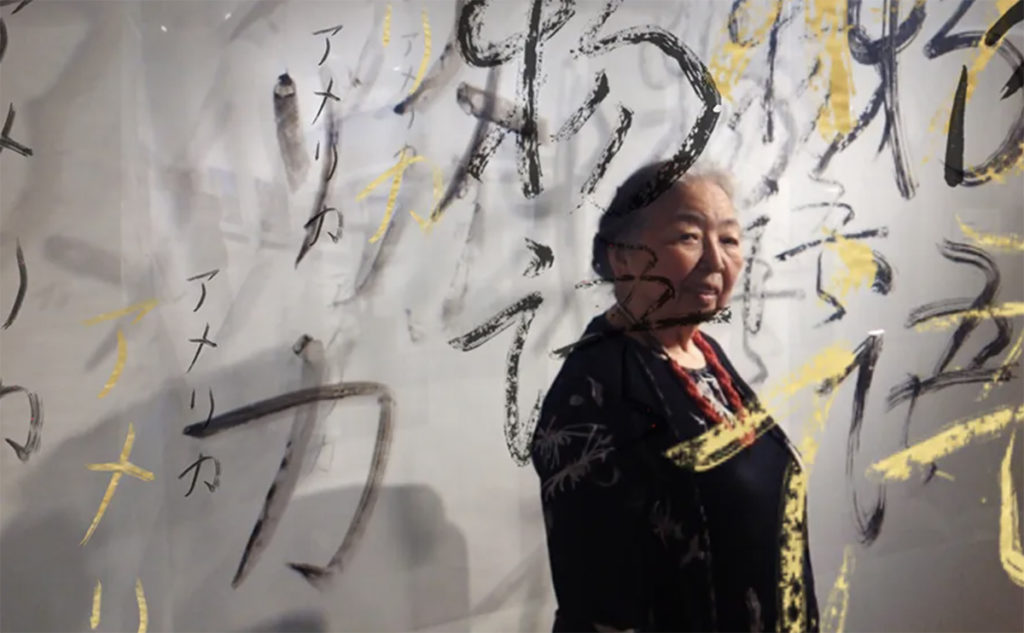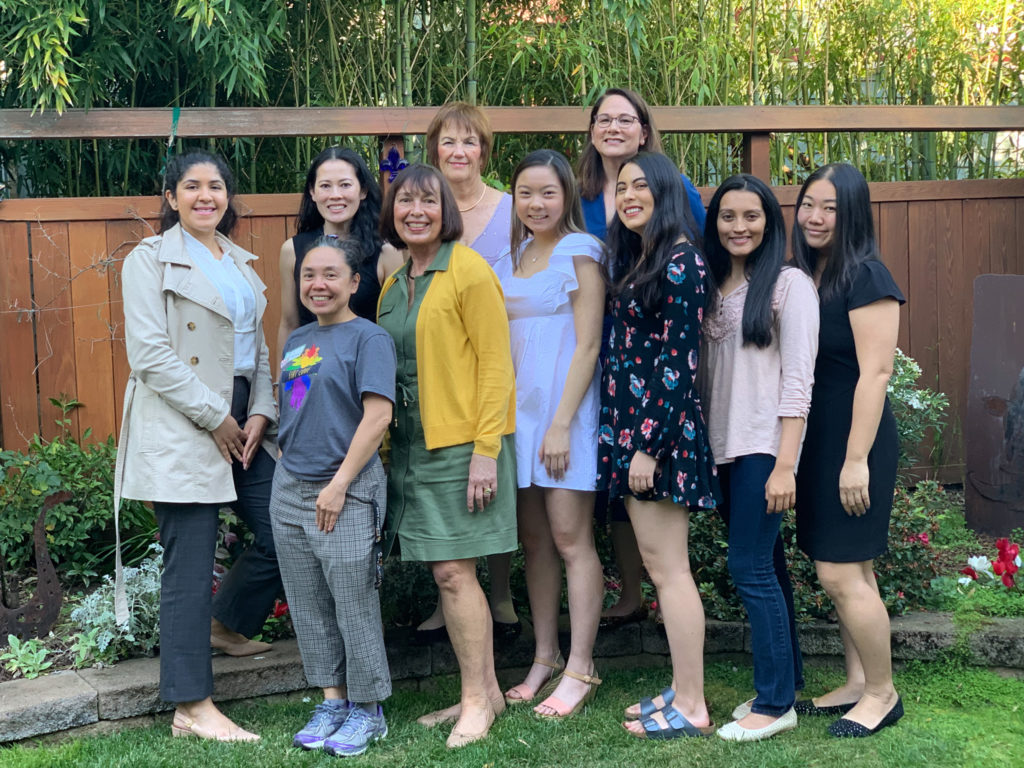The Japanese American Women Alumnae of UC Berkeley Chapter has a rich and longstanding history, dating back to the late 1920s. At that time, Japanese students faced much adversity and exclusion, even on their own university campus. The Japanese American Women Alumnae of UC Berkeley Chapter, or JAWAUCB, was created during this era to provide a community and resources for students who otherwise would have none.
The Japanese word “Nisei” describes those born in the United States, but whose parents were immigrants from Japan. Because the Nisei were born in the United States and therefore citizens, they could purchase property, unlike their parents. By 1929, Cal Nisei students, alumni, and local community members were hosting plays and performances, and raising money to purchase a home for Cal Japanese students. In three years, $2,000 had been raised, the foundation of what later would be used to purchase the “Clubhouse,” a building that formerly housed the Filipino Student Clubhouse.

The Clubhouse was purchased for $7,000 after more than ten years of fundraising. In the fall of 1937, seven young women and their housemothers moved into the newly-opened Japanese Women’s Clubhouse. The white two-story home, located at 2509 Hearst Street, provided housing and a community for Japanese students at UC Berkeley who faced many racial barriers at the time. This prejudice pertained to all people of Asian descent, making it difficult for Asian students to find affordable housing. Thus, the Clubhouse was born.
The first seven residents were students Mabel Ando, Kiyo Kitano, Miye Kojaku, May Morioka, Sadae Nomura, Takako Tsuchiya and Michi Yamazaki and housemothers Ayame Ichiyasu and Mae Iwai. The directors of the non-profit Japanese Women’s Student Club were Tomi Domoto, Shizuko Hikoyeda, Anne Saito (Howden), Barbara Takahashi, Mary C. Takahashi, Dr. Yoshiye Togasaki, and Grace Uyeyama. The concept of low-cost women’s housing was a new and innovative idea. The first female dormitory would not open at Cal until after World War II.
International House (I-House) opened on Piedmont Avenue in 1930, disrupting the street of racially-exclusive sorority and fraternity houses. I-House served as a welcoming sanctuary for students of color, including two Japanese Cal students, Anne (Saito) Howden ’34 and Tomoye (Nozawa) Takahashi ’37.
Takahashi reflected on feeling welcomed at I-House, but noted the widespread discrimination on campus, “I did not feel any prejudice at I-House whatsoever, but on campus it existed. The professors on campus got jobs for other students, but couldn’t get them for the Japanese. The ones I knew went to Japan, and they were able to find work, if they were able to manage the language, but not all Nisei had that Japanese language background..”
The mission to “pay it forward” is evident in everything JAWAUCB does.
The obstacles faced by these Nisei students, and their ability to overcome them, is the foundation for the mission of JAWAUCB. Today, that legacy powers their work for underrepresented and marginalized students. The mission to “pay it forward” is evident in everything JAWAUCB does, including multiple scholarships aimed to support female students of Japanese and other backgrounds..”
At Homecoming, JAWAUCB continued its legacy of leadership and inclusion with a virtual event featuring speaker Chizu Omori ’54. Omori was awarded the 2021 Outstanding Alumna Award by JAWAUCB because of her longstanding commitment to civil and human rights. At 90 years old, Omori is still creating change. Omori discussed the people, organizations, and movements that inspired her and the work she is currently doing to support those who are marginalized.
Members of JAWAUCB will also be celebrated by our Golden Bears community. At Homecoming, Lisa Tsuchitani ’92, MA ’94 received the 2021 Spirit of 1868 Award, which acknowledges alumni and friends who have demonstrated outstanding volunteer leadership and accomplishments in support of the university’s philanthropic and outreach efforts. Tsuchitani, a tenured lecturer in the Asian American and Asian Diaspora Studies, is the founder and chair of the Japanese American Studies Advisory Committee. She has previously been honored with the Faculty Award for Community Engaged Teaching, a Chancellor’s Award for Public Service in 2020-21.
To get more information about the Japanese American Women Alumnae of UC Berkeley, visit www.jawaucb.org.
Watch the event recording.
1 Takahashi, Joyce Nao. “Japanese American Alumnae of the University of California, Berkeley: Lives and Legacy.” University of California Davis, 2013, pp. 1–25.




















